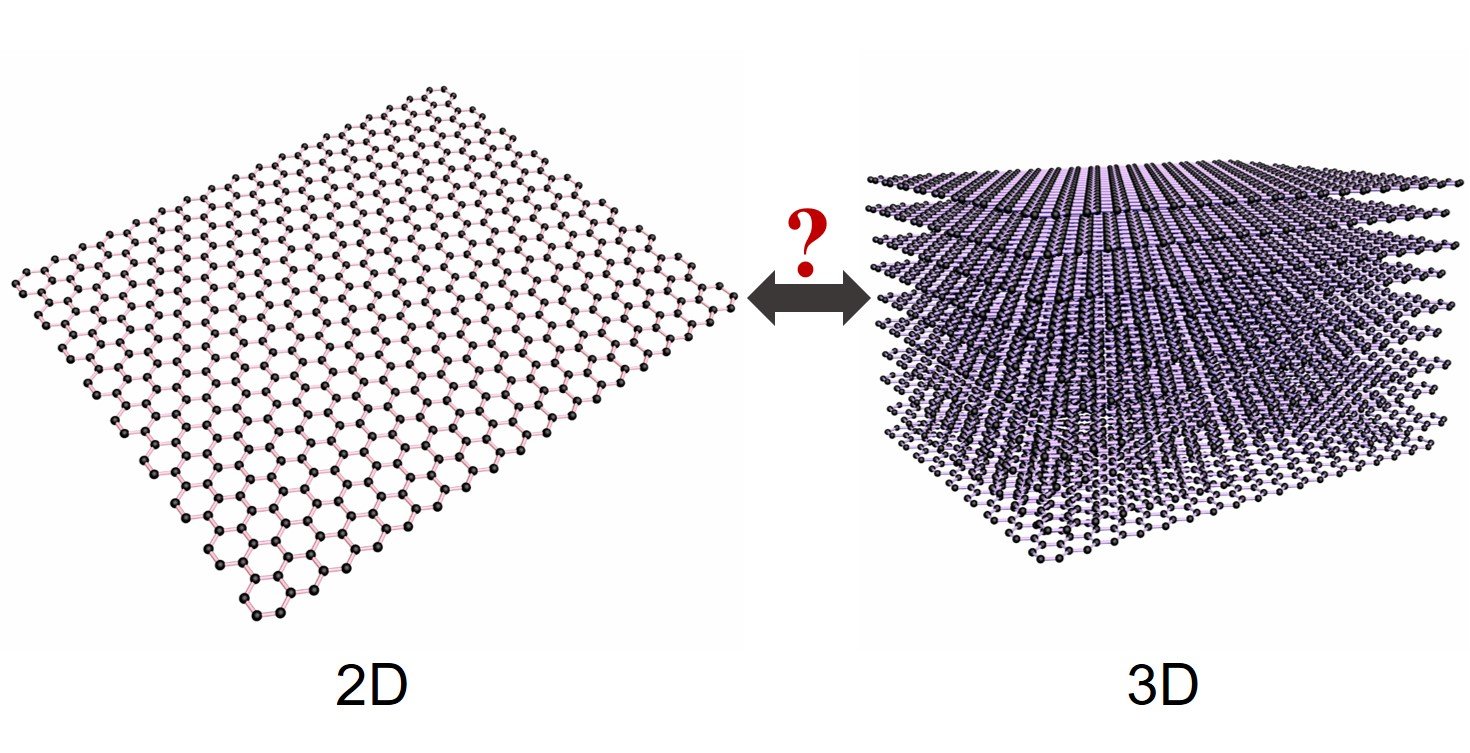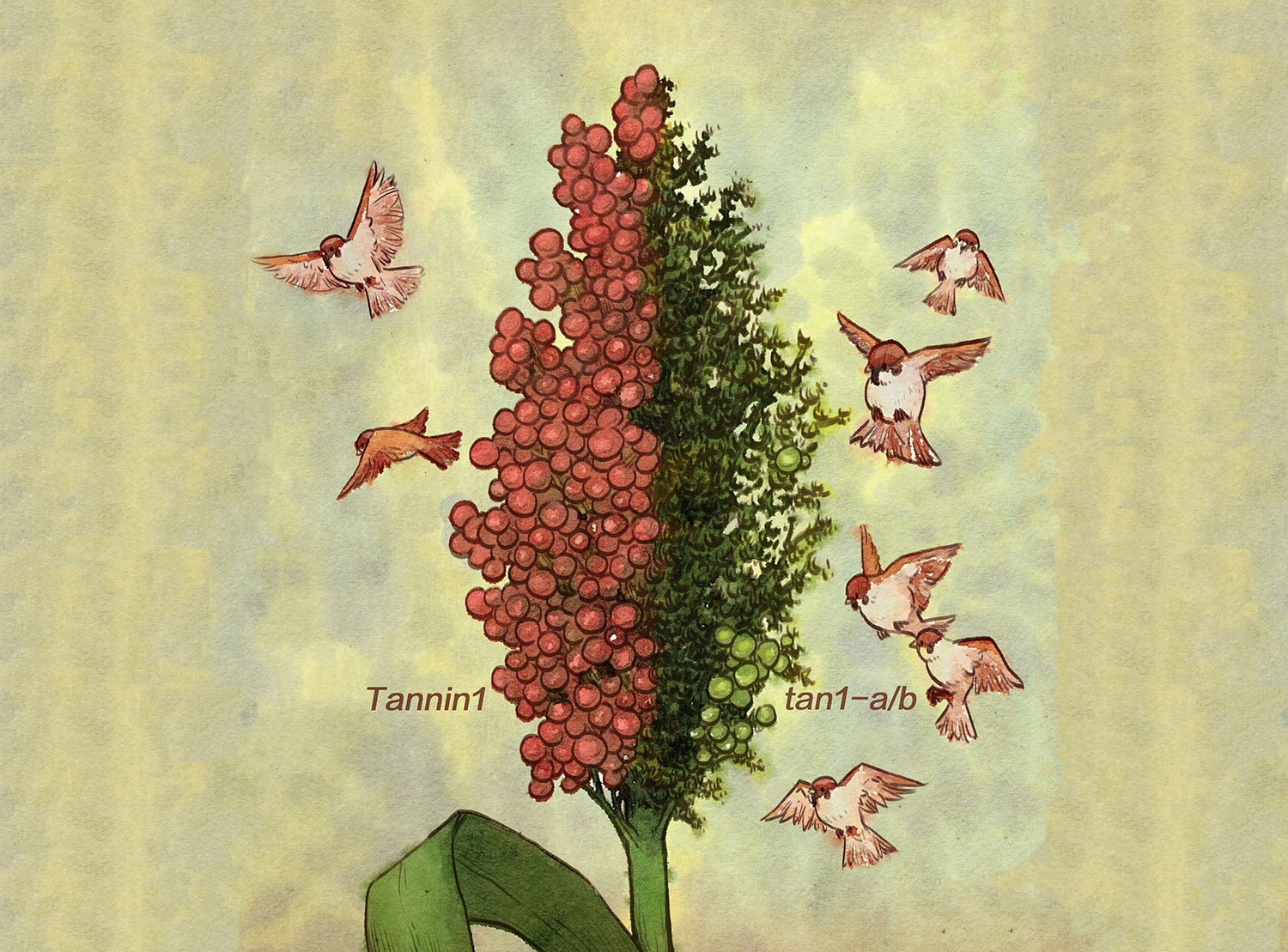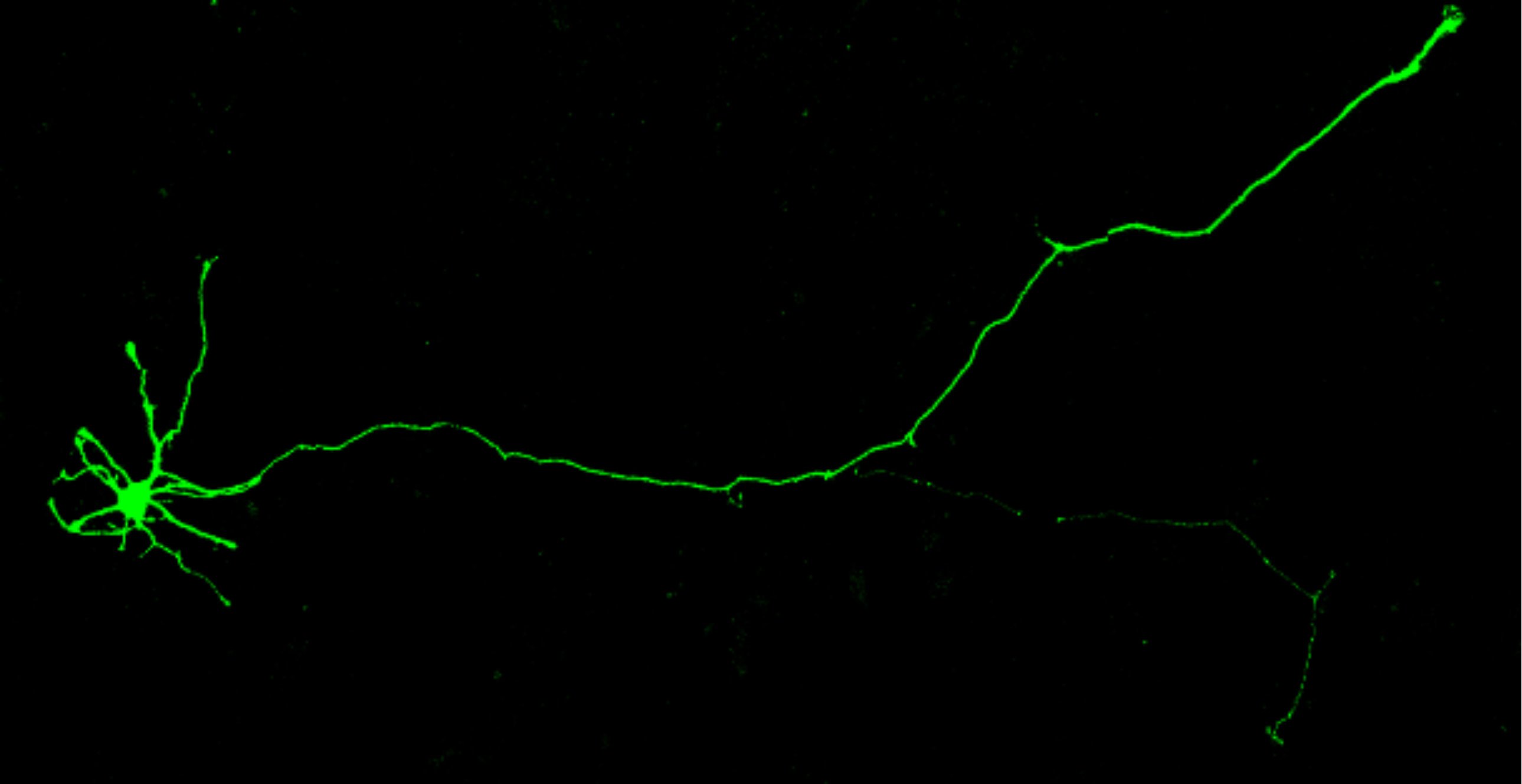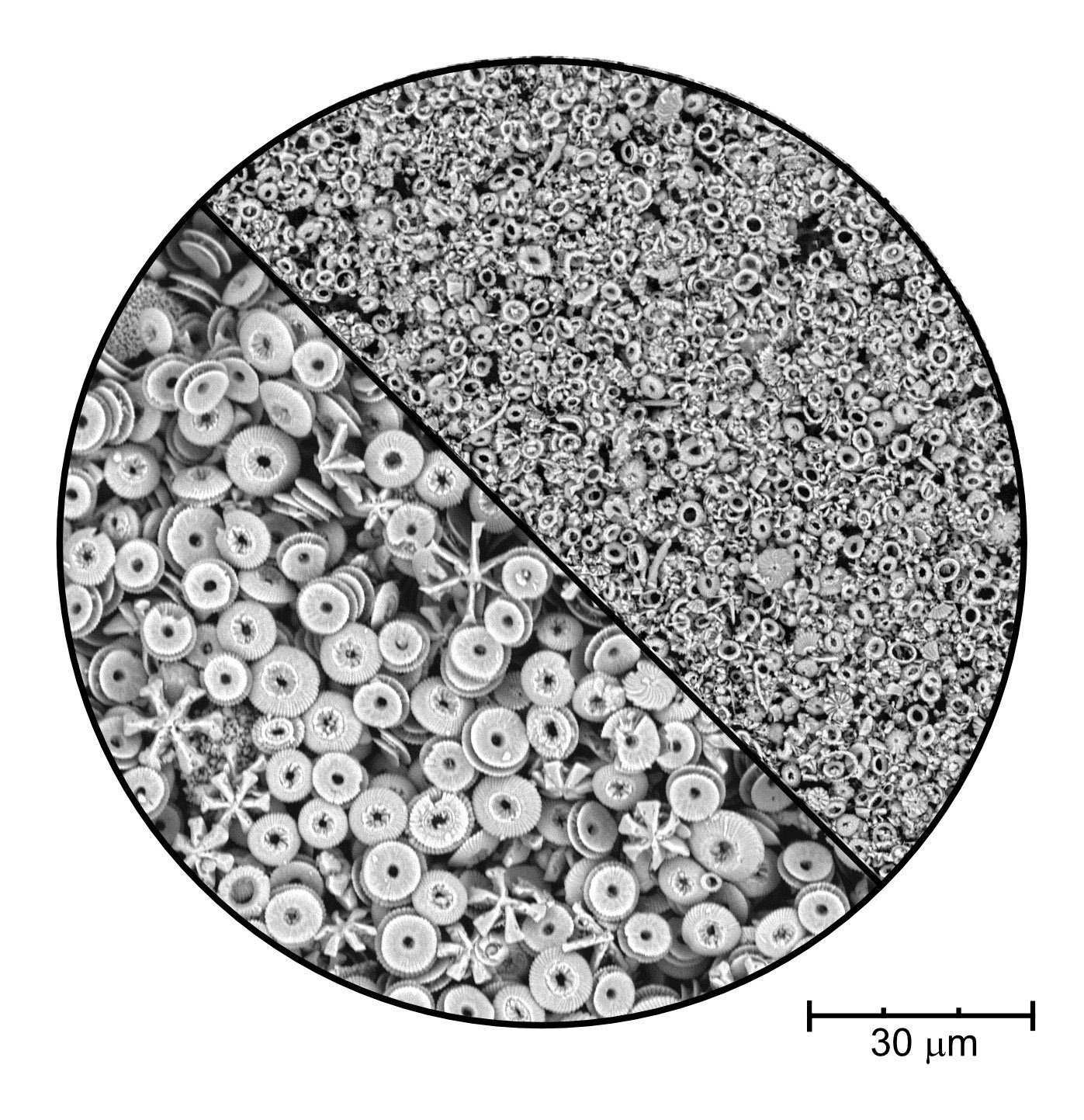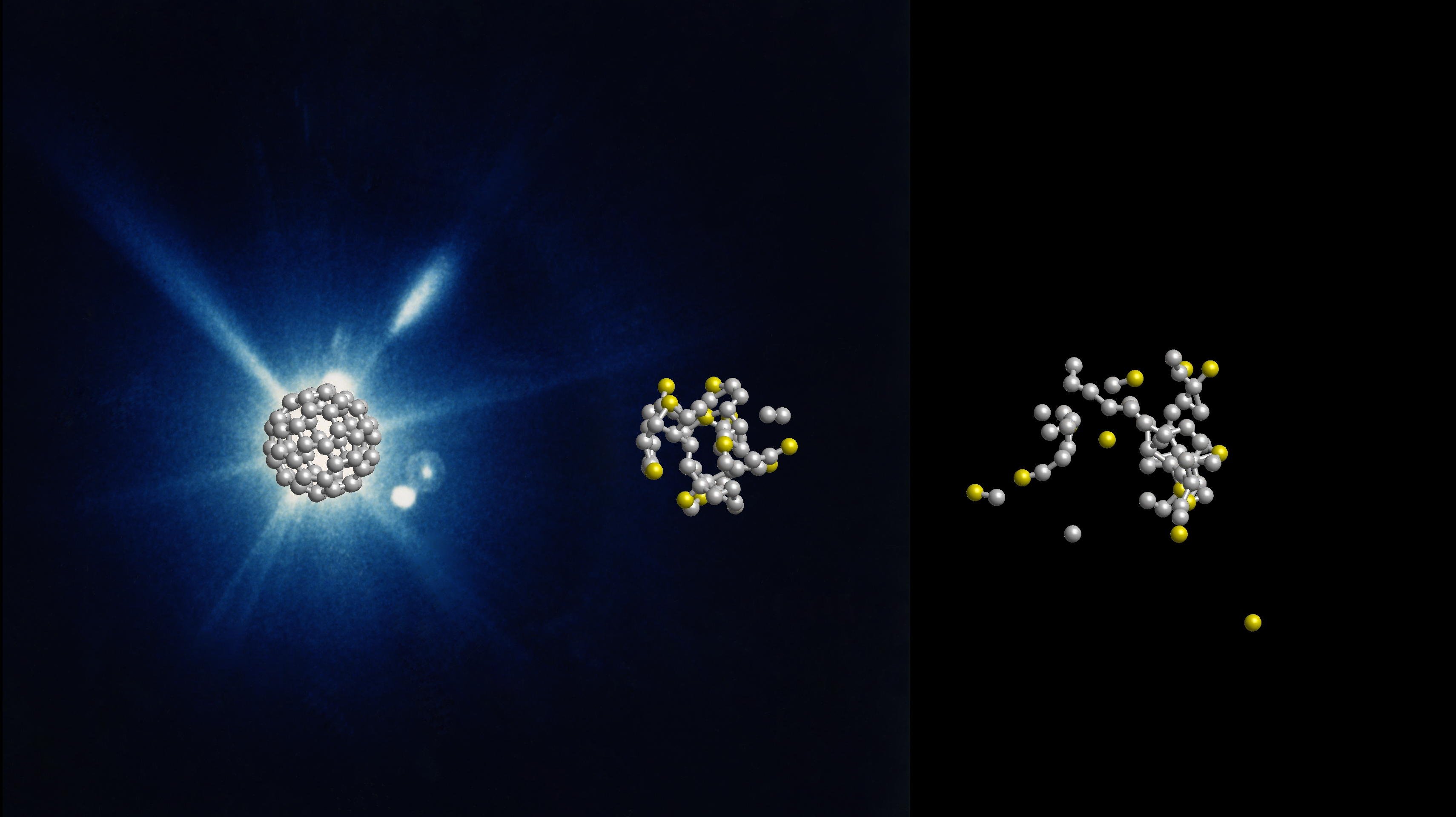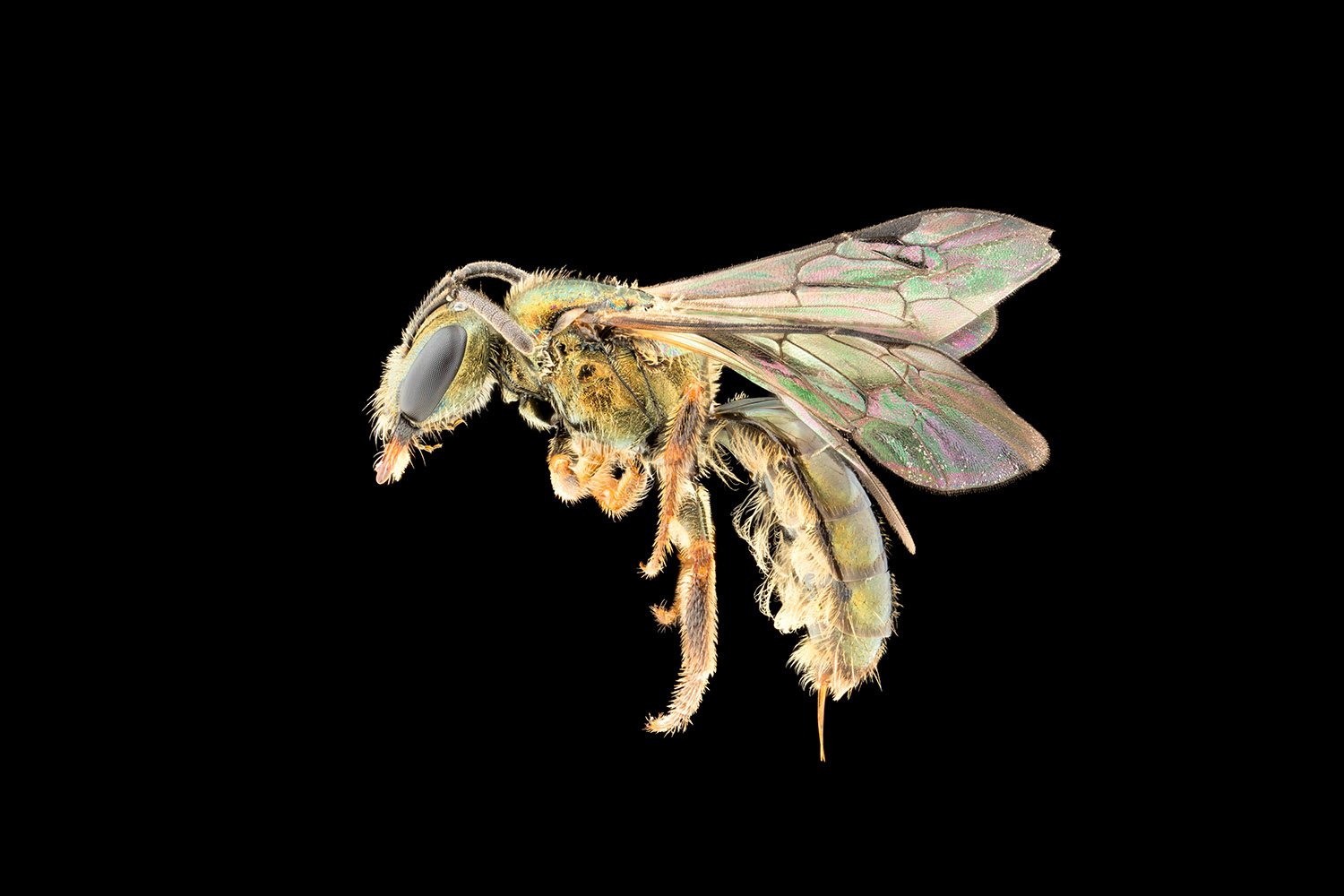Geography, not genetics, influences the American pika’s response to climate
Geography may play a more important role than genetics in predicting how the response of the American pika to climate differs across space and time, suggests a paper published in Nature Climate Change. Understanding why variability in responses exists within a species, and how it affects that species’ adaptability to a changing climate, is important for … Read more

